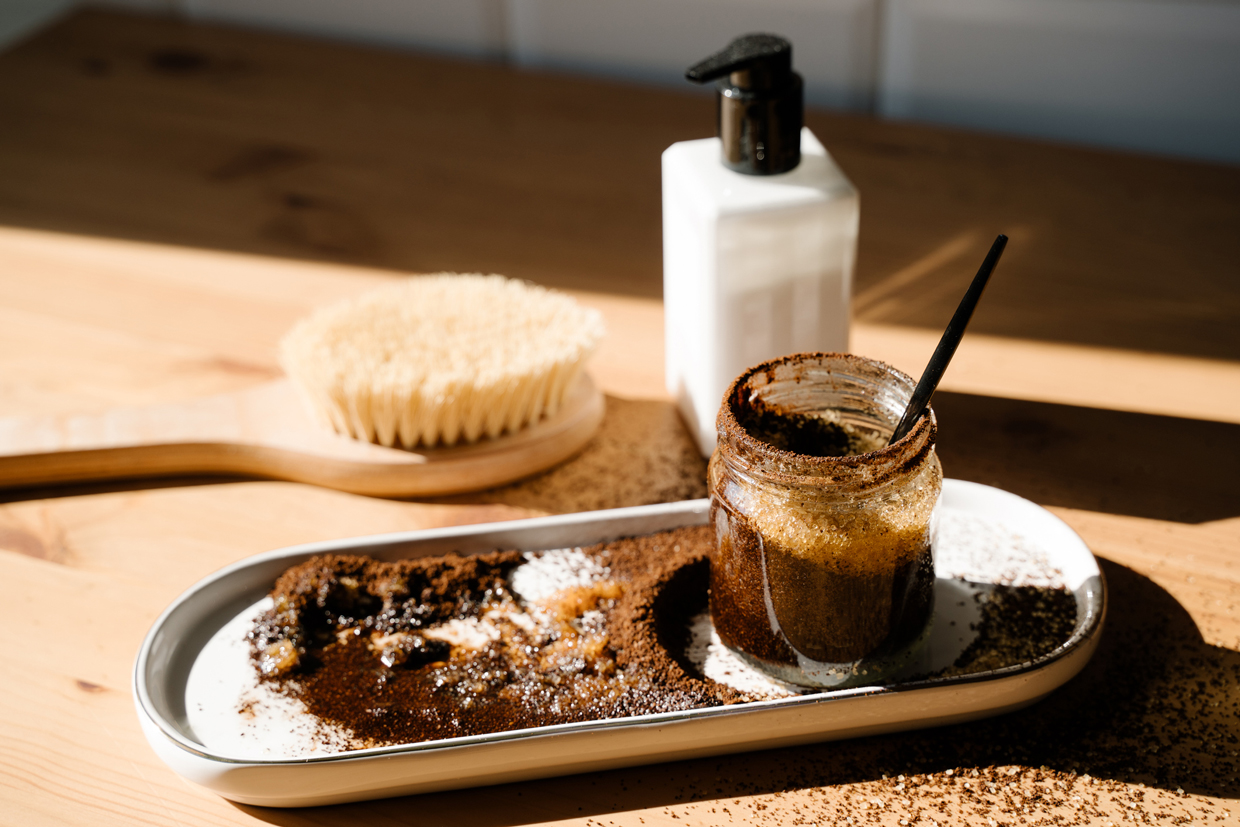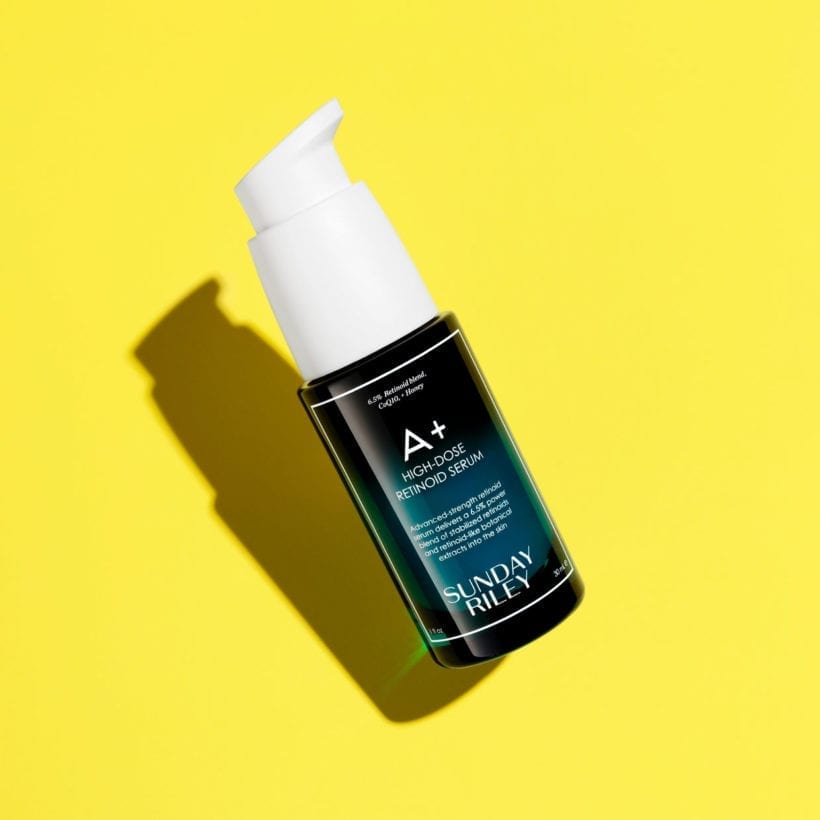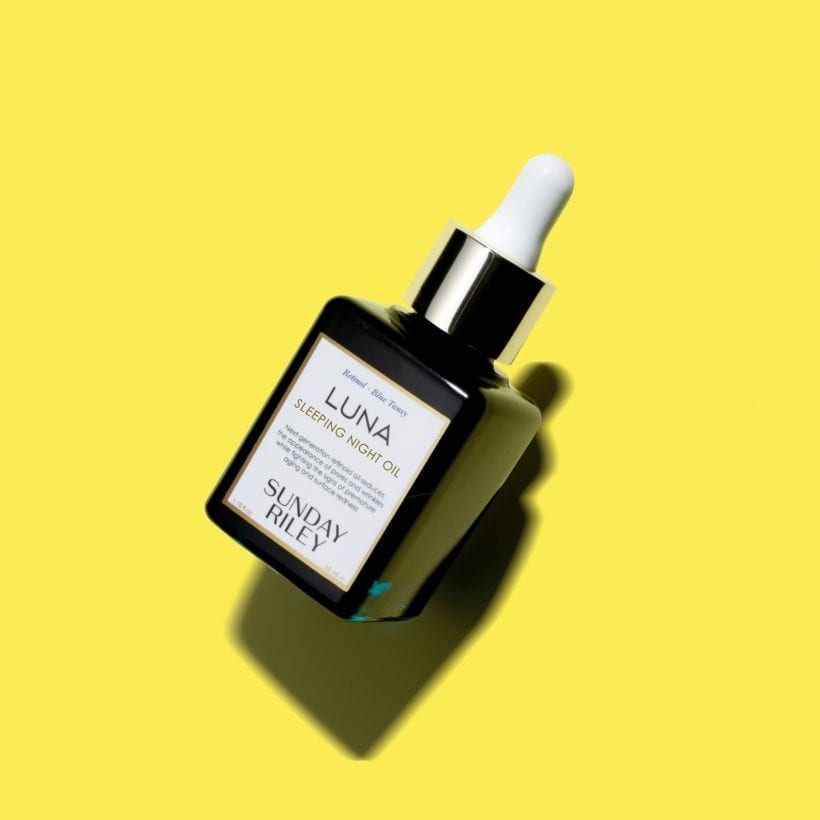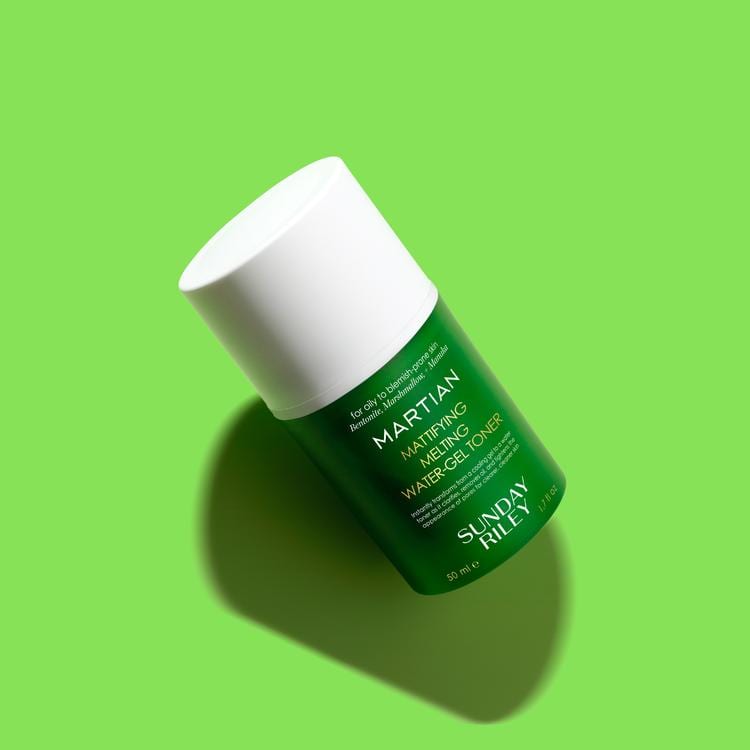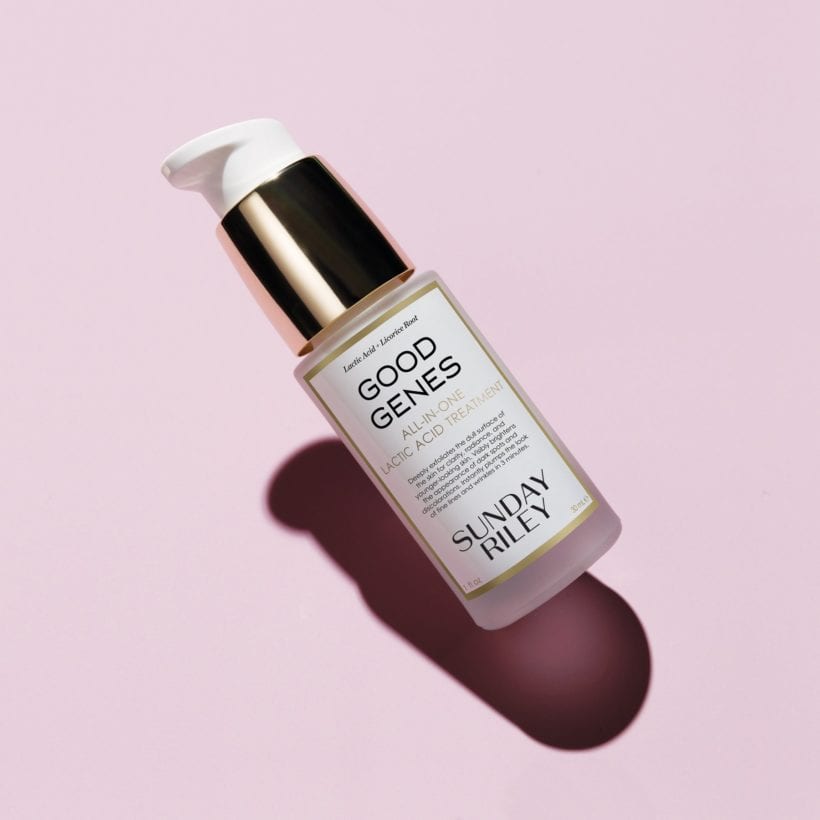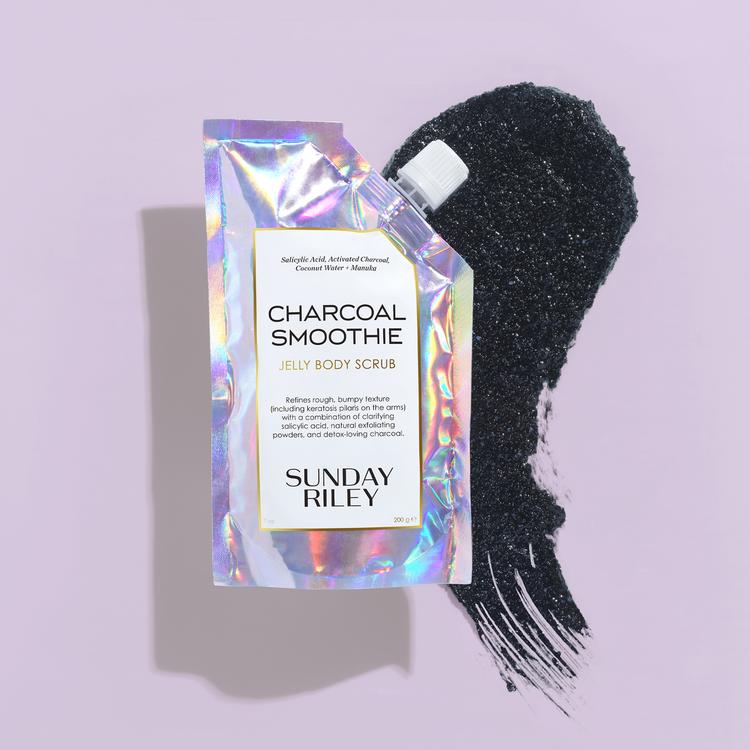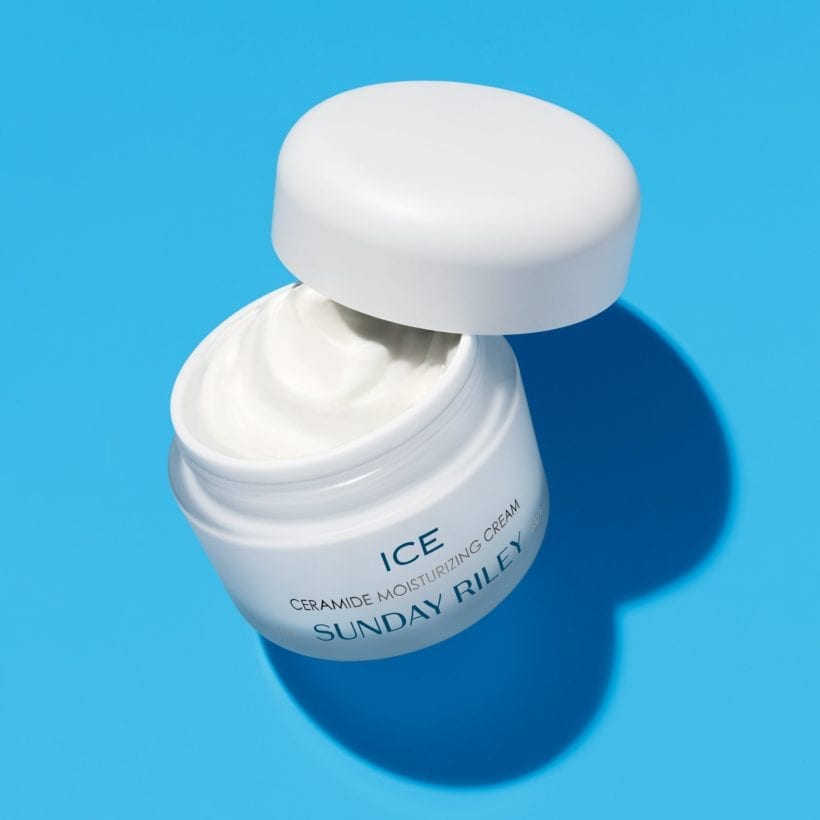If you’re on top of your skincare game, you know the importance of switching out certain products as the seasons change — just as you do with your wardrobe. Thanks to a plummet in outer temperatures and humidity levels, coupled with a surge of indoor heating, our skin tends to take a serious hit as it struggles to adjust to the changes associated with the seasons.
“When the temperatures drop, our skin tends to become drier due to less humidity and moisture in the air,” explains Marisa Garshick, M.D., a board-certified dermatologist at Medical Dermatology & Cosmetic Surgery (MDCS). “Additionally, the extremes of temperatures being very cold outside and hot inside can also affect the skin and impact the skin barrier.”
Meet the Experts
Marisa Garshick, M.D. is a board-certified dermatologist at Medical Dermatology & Cosmetic Surgery (MDCS) in New York.
Christine Choi Kim, M.D is a Los Angeles-based cosmetic dermatologist.
Also, during frigid weather, we tend to crank the temperature on our shower dial. While hot showers might feel amazing on a cold, winter day, they can also disrupt the skin barrier and strip away the skin’s natural oils, which can be drying on the skin. “This doesn’t just affect those prone to dry skin, as important when the skin gets too dry, it can actually increase oil production to try to compensate, which can leave people struggling with breakouts as well,” adds Dr. Garshick.

To compensate for all of the seasonal and lifestyle changes associated with the winter season, we can switch out the skincare products we’re using — namely, amping up the hydration and cutting back on exfoliators that can further aggravate sensitive skin. Here, dermatologists share the skincare ingredients they recommend steering clear of during the winter — at least until springtime arrives.
Prescription Retinoid
While retinoids are the gold standard for topical anti-wrinkle care, cosmetic dermatologist, Christine Choi Kim, M.D., suggests switching to non-prescription retinol for the winter months to prevent your skin from drying out. She also advises her patients to apply a moisturizer both before and after their evening retinol step to slow down its penetration and potential irritation to your skin. “This can help cut down on irritation and redness,” she says.
Witch Hazel
Many toners and astringents that are welcome during the sweaty summer months may wreak havoc on wind-burned, dry chapped skin, warns Dr. Kim. “Witch hazel is derived from the leaves or bark of a deciduous bush from the Americas, and it is used for its anti-inflammatory and antiseptic properties but is often formulated in isopropyl alcohol,” she says.
Luckily, Sunday Riley Martian Mattifying Melting Water-Gel Toner contains a witch hazel formula that is tolerable, even for dry skin types thanks to the addition of nourishing, botanical ingredients like cucumber.
As a witch-hazel alternative for the winter months, Dr. Kim recommends asking your dermatologist to prescribe you a non-alcohol-based antimicrobial spray, like Levicyn or Hyclodex. “This way, you will get the bacteria- and fungal-fighting benefits of an astringent without stripping your skin’s much-needed natural sebum,” she adds.
Physical Exfoliants

Physical exfoliants, including sugar, salt, coffee grounds, and seeds, can be harsh on the skin that’s prone to the elements brought on by winter weather. “The granules in physical exfoliants are too harsh for vulnerable, dry skin and can cause micro-tears in the skin leading to irritation, infection, and even scarring,” says Dr. Robinson. She suggests opting for gentler chemical exfoliants such as mandelic, lactic, and azelaic acid.
Petrolatum
This ingredient, found in rich emollients like Aquaphor and Vaseline, might seem like the best thing to use on your face during the harsh, dry winter, but it could risk you having to deal with a slew of other skin concerns. In fact, as hydrating as petrolatum-containing products are, they are also comedogenic, meaning they can clog pores, notes Dr. Garshick.
Luckily, there are many nourishing skincare products out there that have what it takes to soothe dry skin without clogging pores along with it. Try a ceramide cream like Sunday Riley ICE Ceramide Moisturizing Cream, which provides lasting hydration while helping to protect the skin barrier.
Fragrance
While this is an ingredient that dermatologists recommend always limiting when it comes to your skin, this is an especially important rule to follow during winter. “When the skin is dry and the skin barrier is disrupted, it can be more susceptible to allergy and irritation from fragrances,” says Dr. Garshick. “This is especially relevant for those with sensitive skin.”
Instead, she recommends opting for products that are fragrance-free — a feature that is most often advertised on the packaging of the product but can also be verified with one glance into its ingredients list.
We only recommend products we have independently researched, tested, and loved. If you purchase a product found through our links, Sunday Edit may earn an affiliate commission.
